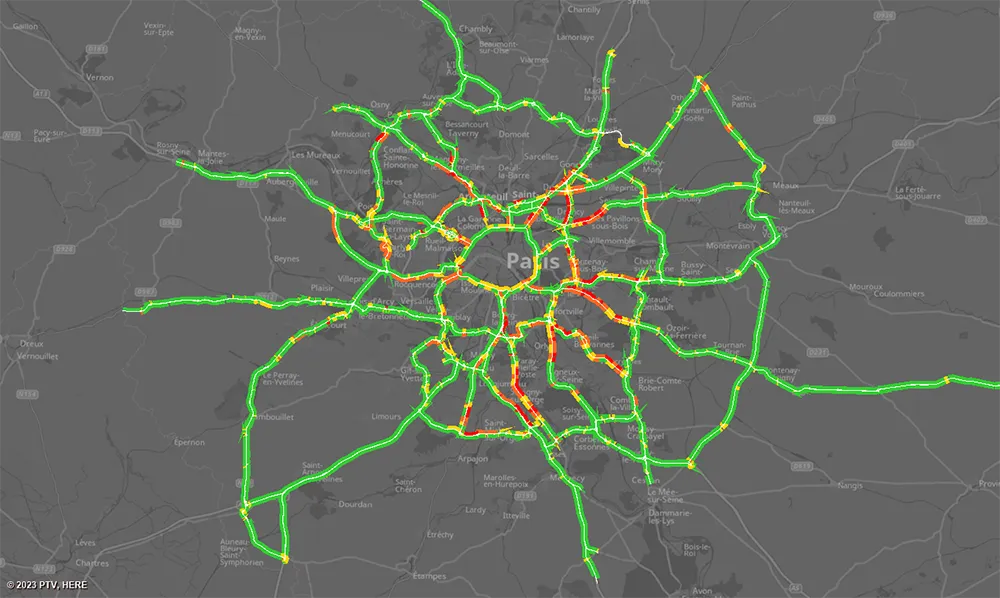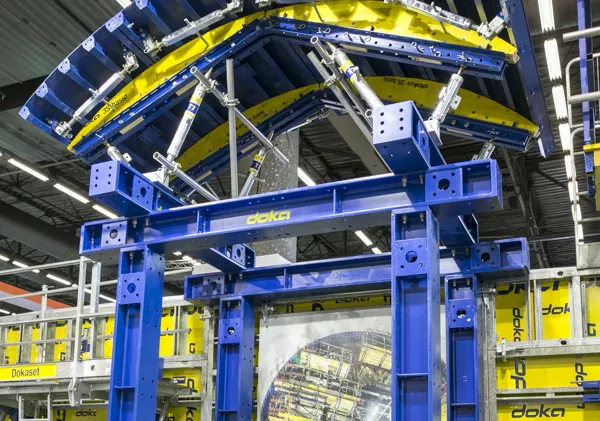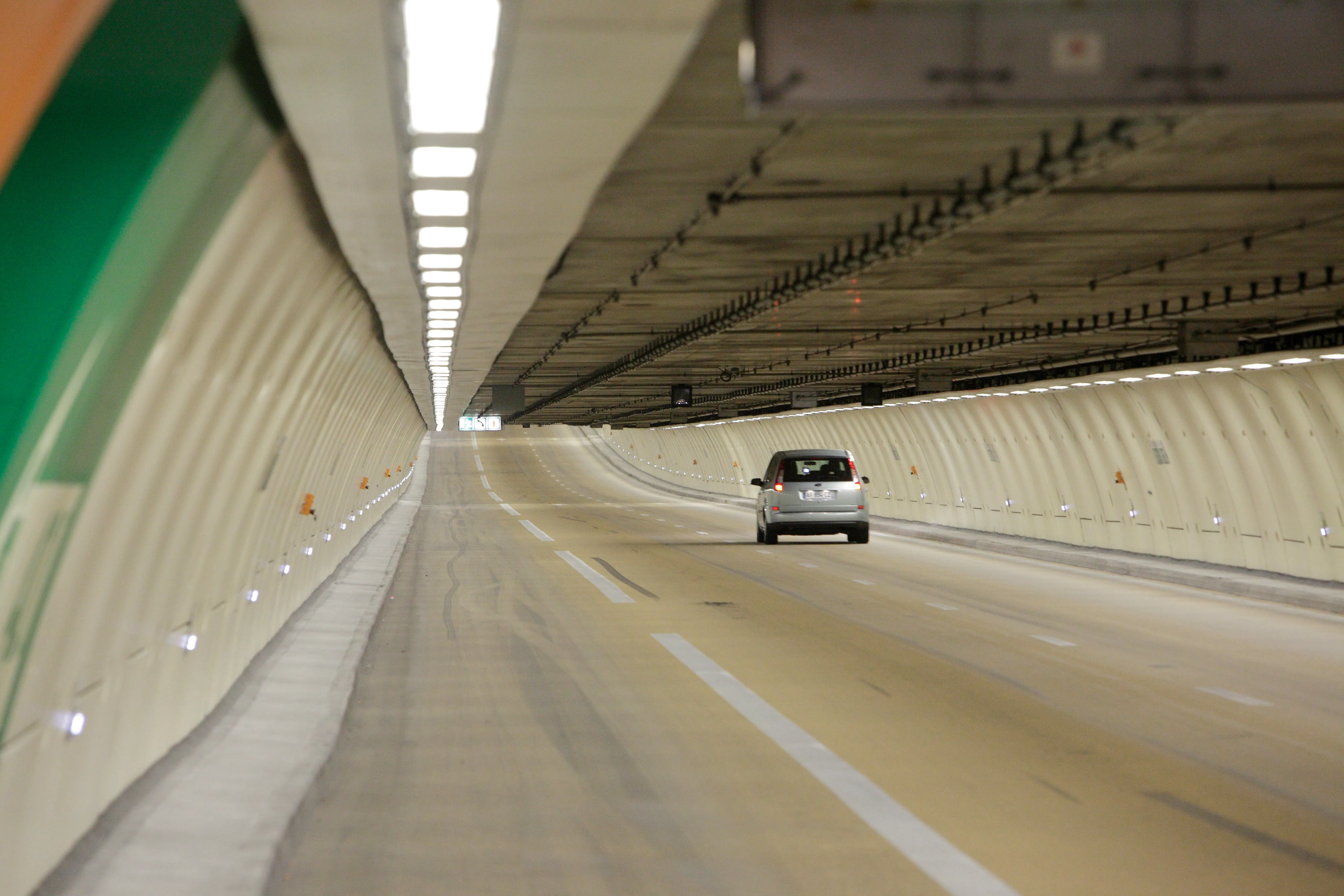“We’re going for it,” Marko Jandrisits, the telematics services programme manager for Austria’s publicly own road and toll company
“The future is here,” said Jandrisit on the stand of AustriaTech at the ITS World Congress in Copenhagen yesterday. AustriaTech has been coordinating the C‐Roads Platform, a joint initiative of European states and infrastructure operators for piloting and deploying C‐ITS services.
The aim of C‐Roads is to deploy C‐ITS across Europe to vastly improve the exchange of information between vehicles and road infrastructure. Different scenarios are being tested and implemented in the course of national technical pilots.
Austria is taking the lead in implementation, explained Martin Böhm, general secretary of the C‐Roads Platform and head of business unit leader at AustriaTech. “The common goal of all members is the seamless provision of safety‐relevant information in real‐time and on a uniform level of quality,” he said.
“This especially includes road works warning, weather information or messages on traffic jams, all of those across borders.”
Selected vehicle manufacturers have already expressed their commitment to equip their vehicles with C‐ITS off‐the‐shelf starting with next year. These include Hyundai, Opel, Honda, Volkswagen, Renault, Volvo Trucks and Fiat.
All C‐Roads partners have set up and tested national pilot programmes and the summer cross‐border tests were conducted. Cars from France and Portugal of the SCOOP project successfully tested the C-ITS Austrian services developed by ASFINAG. Scoop is a pilot for the deployment of C-ITS in France, Spain and Portugal.
Austria is first to tender for C-ITS data collection on roads
This time next year Austria will be the first European country to have vehicles that collect safety‐relevant traffic information in real‐time.
“We’re going for it,” Marko Jandrisits, the telematics services programme manager for Austria’s publicly own road and toll company ASFiNAG, said the tender for equipping the Austrian motorway network with the hardware and software for C-ITS – cooperative ITS - had just been launched.
“The future is here,” said Jandrisit on the stand of AustriaTech at the ITS W
September 18, 2018
Read time: 2 mins
This time next year Austria will be the first European country to have vehicles that collect safety‐relevant traffic information in real‐time.









